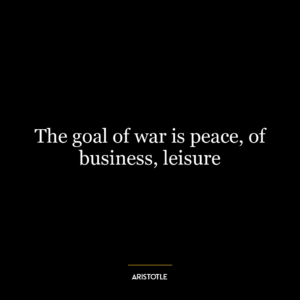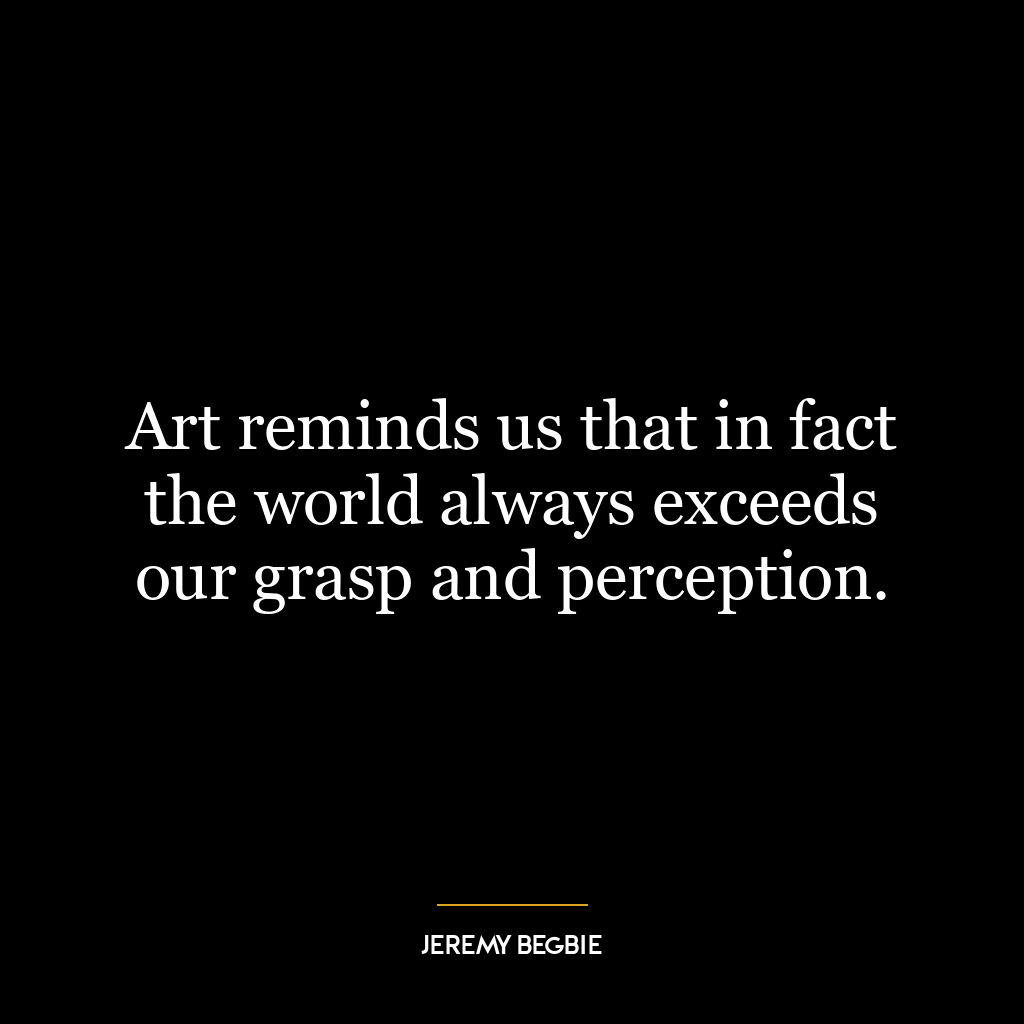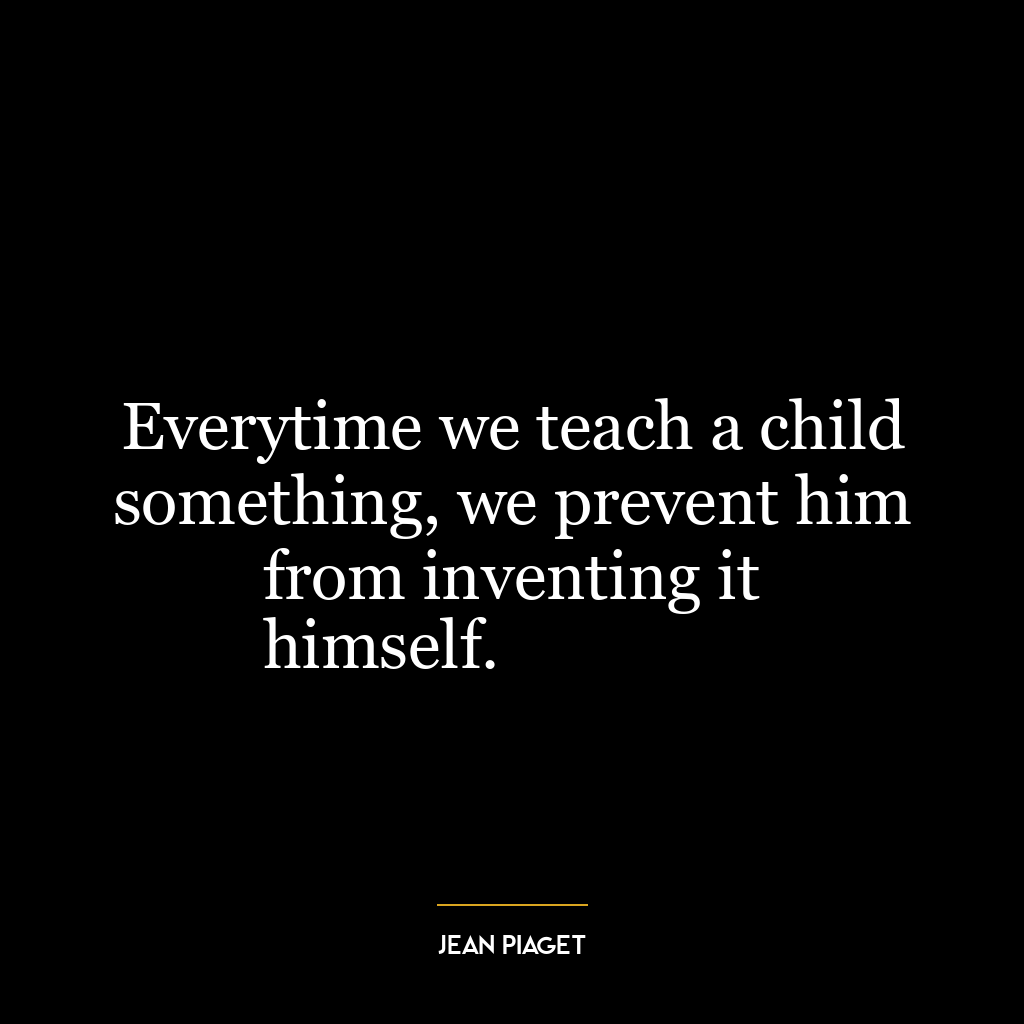This quote by Aristotle suggests that it is better to have something more focused and sufficient rather than something extensive but unnecessary. The idea is that adequacy and precision are more valuable than excess. This can be applied in various contexts, such as in knowledge, possessions, relationships, or even personal goals.
In the realm of knowledge, for instance, it’s more beneficial to have a deep understanding of a few selected subjects rather than a superficial understanding of a wide range of topics. Quality trumps quantity because it allows for expertise, mastery, and the ability to apply that knowledge effectively.
In terms of possessions, this quote can be linked to the concept of minimalism, which advocates for owning only what is necessary and truly adds value to one’s life. The unnecessary excess, in this case, can lead to clutter, both physically and mentally, and can distract from what is truly important.
In relationships, it’s more rewarding to have a few deep, meaningful connections rather than numerous shallow ones. Having a few close relationships allows for a greater depth of understanding, trust, and mutual growth.
When it comes to personal goals, this quote suggests that it’s better to focus on a few important goals and work towards them diligently, rather than spreading oneself too thin by trying to achieve too many goals at once.
In today’s world, where excess is often mistaken for success and fulfillment, this quote serves as a reminder to focus on what is truly necessary and valuable. This can lead to greater satisfaction, success, and overall well-being. In personal development, it emphasizes the importance of focused growth and progress, rather than trying to improve in all areas at once. This focused approach can lead to more significant improvements and a greater sense of achievement.















